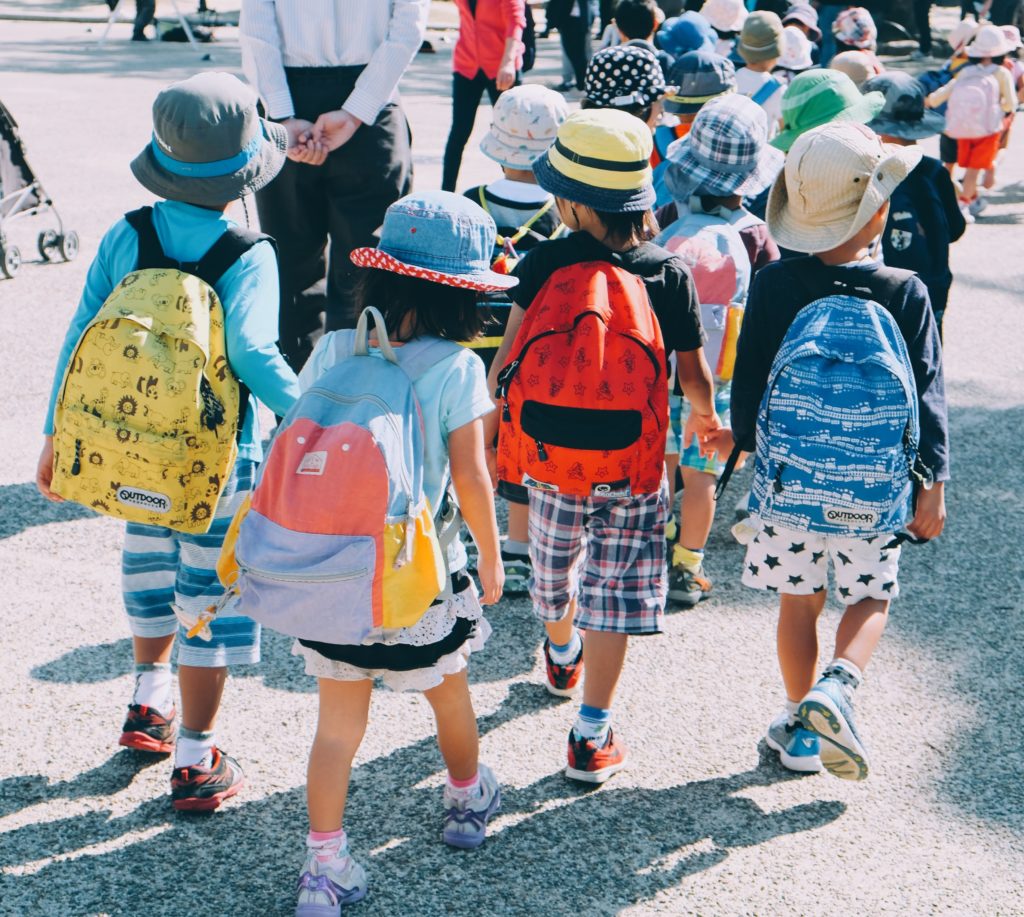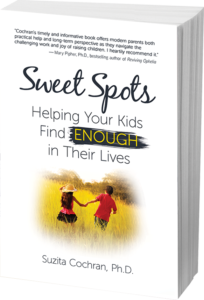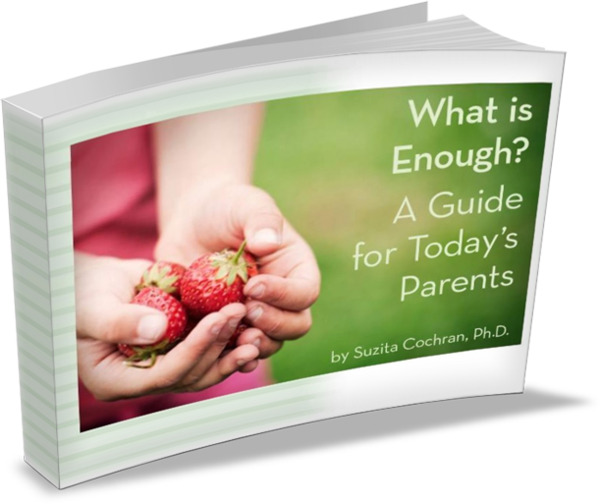The prospect of a nearly back-to-normal school year is the light at the end of a long, dark tunnel for most parents. What a relief to (hopefully) put remote school behind us.
Why aren’t our kids as excited as we are? How come they are more likely to react to upcoming in-person school with crankiness, anxiety, or dread?
Why the Dread?
For one thing, our kids likely haven’t been in normal school for a year and a half. A year and a half is a long time in a child’s life. It’s long enough to fully transition to the quarantined world. And because a year and a half is a larger percentage of children’s total lives, they have weaker memories of pre-pandemic life to fall back on than we adults do.
Children also have less ability to understand why the pandemic happened. Having an understanding of the pandemic gives adults faith that it will eventually end, and the ability to hold an image of life returning to normal. Kids live more in the moment, and thus fully experienced the pandemic with both feet in. It wasn’t merely a phase to them, it was their new life. Poor things.
Because of the differences in the way children and adults experienced the pandemic, kids can use some help from us to make their way onto firmer, post-Covid ground.
8 Easy Things to Do
Here are 8 ways to prepare kids for the upcoming school year they may be feeling anxious about:
1. Normalize. Acknowledge that going back to normal school feels weird, and that it’s more of a transition than usual. Remind children of other times they have handled a big transition, such as beginning kindergarten, getting used to summer camp, or moving homes.
2. Ask. Ask kids what aspects of returning to school most worry them. Then help them problem-solve these. Problem-solving might include role-playing situations, or simply talking about what they will do if they begin to feel anxious at school.
3. Do a drive by. Take children to their school building before the first day of school. Walk inside if it’s open, or around the outside if not. Play on the playground. Remind them where the bathrooms and cafeteria are located. This close proximity to school will help kids visualize themselves there, which often assuages anxiety.
4. Work back to socializing. For some kids—especially more introverted children who spent less time with peers for the past year and a half—rebuilding and practicing social skills is in order. Start small by having one friend over to your home. Then slowly work up to a few friends in a different location, such as a park. Role playing social situations ahead of time will be especially helpful to hesitant children.
5. School supplies. Put some extra work into helping kids get organized for the new school year. Organization is an area some children regressed in during the chaotic pandemic school year. Kids may need continued help organizing their work during the initial month or so of classes.
6. Allow choices. As I discussed in my previous post, our kids are coming off a quarantine year where they were allowed few choices over their daily lives. Everyone does better when they have options. Whether it’s which backpack to buy for school, what to wear on the first day, or whether to take a foreign language class this year or next—giving kids choices will lead to more ownership and self-confidence about their school experience.
7. Don’t overdo after-school activities. This school year will likely take more mental and physical energy for our kids since it will feel new and different in various ways. Kids will likely expend more energy focusing on work at school and home. Give them the time they need to decompress after the school day, and factor in more time for homework each night. For these reasons, consider carefully how many after-school activities to schedule.
8. Play. Unstructured, free play on their own or with other children is vital. Play is how kids process and move past stress. Play helps children learn and practice social and emotional skills. It increases children’s creativity and problem-solving abilities. Free play for kids of any age will help them refill the psychological resources they need for the school year ahead.
Related to play is fun. As a society we are coming off a hard, serious, heavy experience. Adding play and fun—anything that involves laughter and levity—into our family lives is an active reminder that we are slowly moving past the pandemic.
Overall, getting back to more normal lives and experiencing the structure of a regular school day will be comforting to most children. But it may take a little longer than we hoped for them to settle into the coming school year.
___________
If you liked this, check out my book for more.



 Sweet Spots: Helping Your Kids Find ENOUGH in Their Lives.
Sweet Spots: Helping Your Kids Find ENOUGH in Their Lives.

